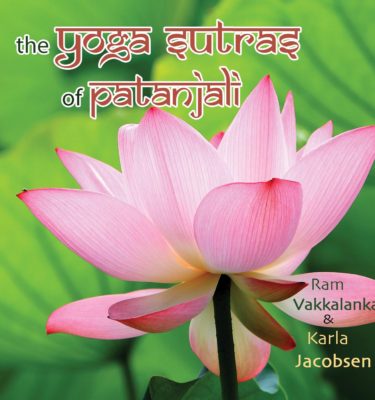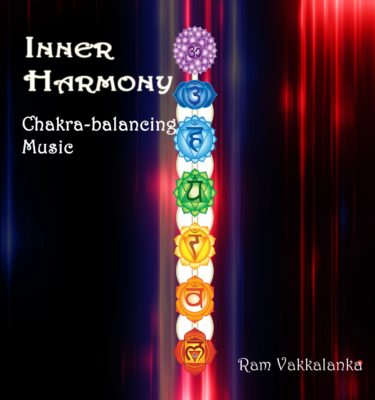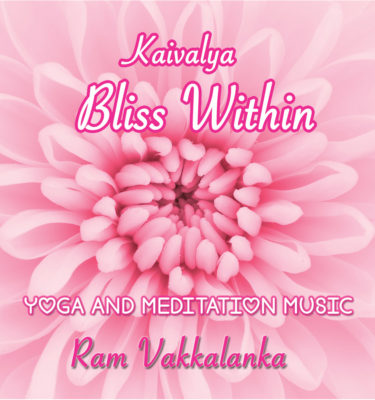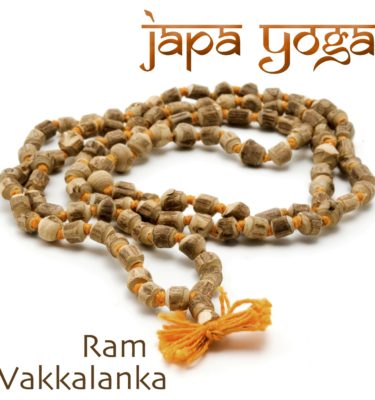Chants in any language, as they work on our mental scripts, will be powerful. However, as mentioned elsewhere on this site, Sanskrit is a collection of subtle frequencies which directly impact our inner world, clothed in the form of a language. Therefore, the chants and Mantras in Sanskrit are more direct, impactful and transformational. Each language has its unique vibrations that act on different planes. The vibrations of chants and Mantras in Sanskrit are of the highest order. Though the meanings of Sanskrit chants and Mantras can be translated and understood in other languages, the vibrations created when these chants and mantras are uttered in Sanskrit are unparalleled. While the outer meanings can be translated into other languages, the inner mechanics of the vibrations cannot be reproduced.
IS SANSKRIT A DEAD LANGUAGE?
In spite of being arguably the oldest language of the world, Sanskrit is very much alive. Several universities, not only in India but all over the globe, offer courses in Sanskrit. Sanskrit is one of the 18 plus official languages of India. Films are still made in India in Sanskrit.
News are broadcast in Sanskrit both on Radio and TV in India. Books are published totally in Sanskrit. There are some places in India where nothing but Sanskrit is spoken. There are musicians/song writers who compose songs spontaneously in Sanskrit – such as my spiritual Guru Sri Ganapati Sachchidananda Swamiji. Poetry is still written in Sanskrit.
Lots of Yogis and Yoginis, living in various countries, learn Sanskrit to improve their understanding of the science and art of Yoga. I live in Canada but I teach Sanskrit over internet to people living in other countries….
So, is Sanskrit a dead language….far from it!!!
DEFINITIONS OF SANSKRIT
Sanskrit is called “Samskrutam” in, well, Sanskrit. “Suskriyate Anena Iti Samskrutam”- that which has been purified is Sanskrit – is one of the definitions of Sanskrit or Samskrutam.
Just like Yoga improves/purifies our bodies, Sanskrit purifies our speech. In fact, some of the advanced yogic breathing techniques (kriyas) are in-built into Sanskrit so that just by speaking the language, we are automatically practising Yoga.
“Samyak Krutam Samskrutam” – “that which is well-done” is the other definition of Samskrutam.
OLDEST TEXTS ON YOGA
I often get asked the question as to what are the most ancient texts where Yoga was propounded. The simple answer is what are called “Upanishads’, which form part of Vedas. At one time there were as many as 1080 Upanishads but currently only 108 of these are available. Out of the 108, 20 Upanishads deal directly with Yoga. Some of these Upanishads are: Darshana Upanishat, Yoga Tattva Upanishat, Yoga Shikha Upanishat and Yoga Kundali Upanishat.
The Yoga Sutras of Patanjali are the essence of the principles contained in these Upanishats and Bhagavadgita.
WHO IS PATANJALI OF THE YOGA SUTRAS FAME?
Patanjali was a great yogi who codified the principles of Yoga in a monumental work called “Yoga Sutras”. Patanjali’s father’s name is Atreya and mother Gaunika. Patanjali was also known as Aatreya. He composed three great works for the betterment of the mankind….Yoga Sutras for the development/purification of Mind, Charaka Samhita – a great work on Ayurveda – for purification of Body and Maha Bhashya – a great commentary on the Sanskrit Grammar – for the purification of speech.
SOME ANCIENT YOGA PHILOSOPHERS
Are you curious about who are some of the ancient Yoga Philosophers, apart from Patanjali, who contributed to the vast repertoire Yoga Philosophy? Well, here is a list of some of the ancient Yoga philosophers and some of their principal works:
*Dattatreya – predates Patanjali, taught the eight limbs of Yoga in what is known as the Darshanopanishat
*Vyasa – wrote the commentary on Yoga Sutras and helped us understand the Sutras better
*Adi Shankara – authored Yoga Taravali and many other texts on Yoga
*Yogi Gorakhnath – wrote Goraksha Samhita
*Gheranda – the author of Gheranda Samhita
*Yogi Swatmarama – authored Hatha Yoga Pradipika
*Srinivasabhatta Mahayogindra – wrote Hatharatnavali
*Narada – author of Bhakti Sutras, contributed greatly to Bhakti Yoga
All these great Yogis contributed immensely to the Yoga Philosophy
Join me at my next event...
Youtube Channel
Copyright 2025 © All Rights Reserved




